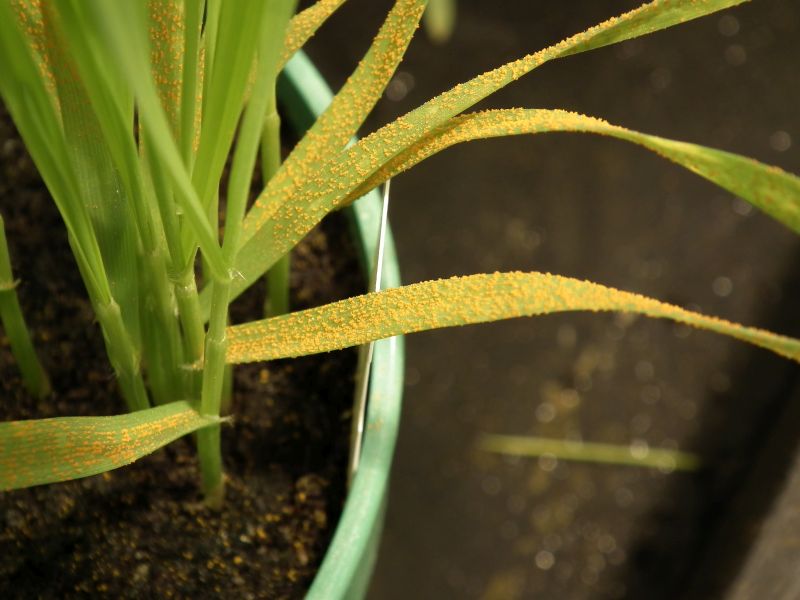
Relatively low cereal disease pressures in 2018 have provided a rare opportunity to reflect on the UK pathogen population.
No unexpected disease outbreaks were reported to the UK Cereal Pathogen Virulence Survey (UKCPVS) and the warm, dry weather hindered adult plant tests.
UKCPVS, which is funded by AHDB and Defra, receives infected cereal leaf samples from agronomists, trials officers and researchers.
From these samples, pathogen isolates are selected and tested to check their virulence against wheat and barley varieties.
The testing can detect new races of cereal pathogens capable of causing disease on previously resistant cereal varieties.
It comes as UKCPVS prepares its 2019 stakeholder event which will take place on 6 March in Cambridgeshire.
It will feature updates on cereal pathology and plant breeding, in addition to the annual update on the status of the UK cereal pathogen population.
Targeted at breeders, crop scientists and technical agronomists, the event focuses on cereal rusts and mildews.
However, in 2019, a presentation on Zymoseptoria tritici, the pathogen that causes septoria tritici in wheat, will also be given.
In the 2015 field season, unexpected septoria tritici infection on the winter wheat variety 'Cougar' to fund a three-year project.
It has looked at the pathogen isolates involved and the potential threat to varieties on the Recommended List (RL).
At the event, delegates will hear the project’s conclusions and have the opportunity to question the research team.
Earlier this month, information on winter wheat seedling-stage resistance to yellow rust was updated by UKCPVS.
Five varieties on the current (2019/20) RL were found to be resistant at the seedling stage during the latest tests. These are Costello, KWS Crispin, KWS Siskin, KWS Trinity and the newly recommended KWS Firefly.
